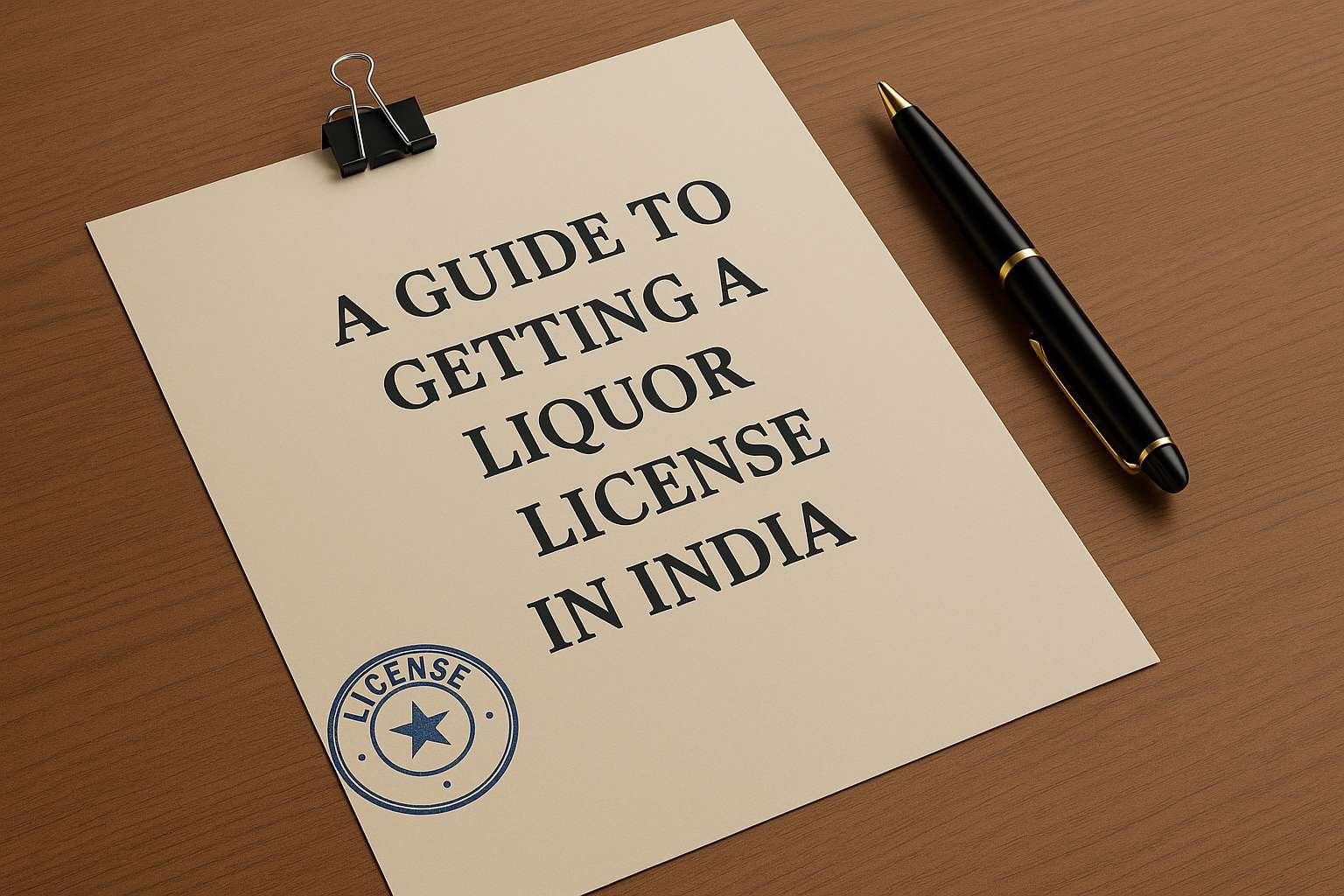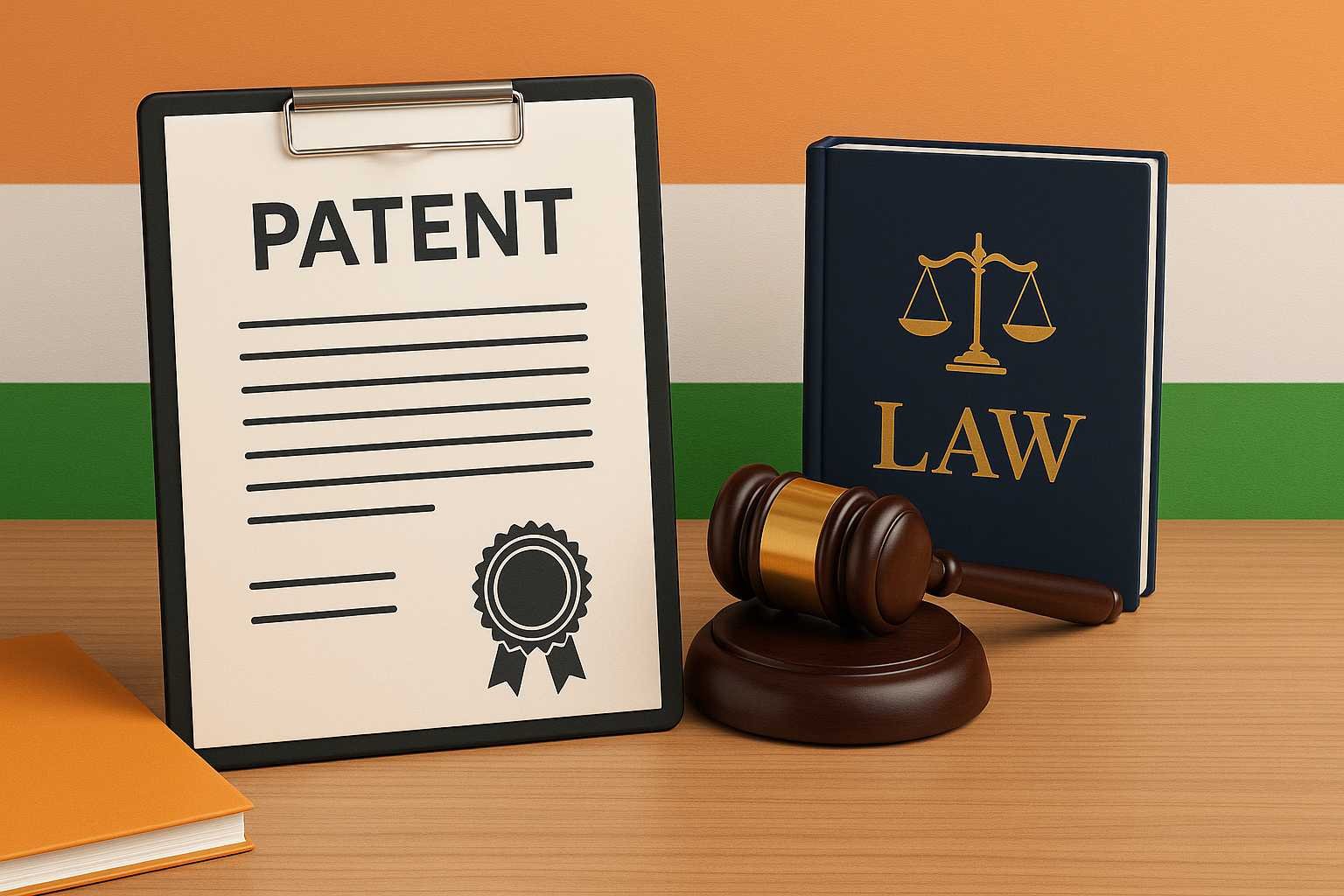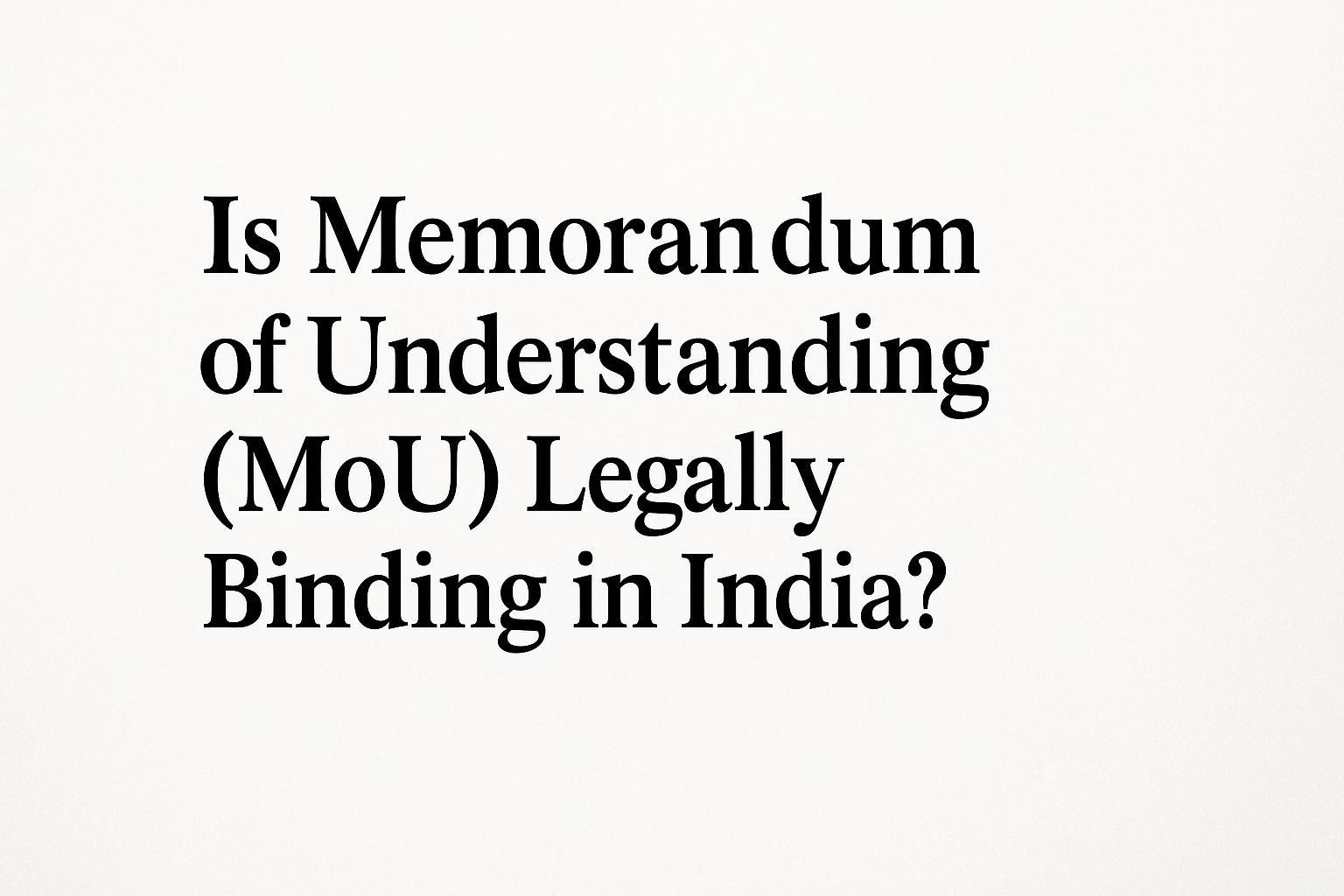On this page you will read detailed information about A Guide to getting a Liquor License in India
Introduction
Selling or serving alcohol in India is a regulated business, controlled by state governments rather than the central government. If you plan to open a bar, restaurant, microbrewery, liquor shop, hotel, or event venue that serves alcohol, you must obtain a liquor license before you begin operations.
This article provides a comprehensive guide to obtaining a liquor license in India — including types of licenses, application procedures, documents required, fees, and important compliance rules — all based on the latest (2025) state and policy updates.
What Is a Liquor License?
A liquor license is an official permit issued by the Excise Department of a state government, allowing an individual or entity to manufacture, sell, store, or serve alcoholic beverages.
The license ensures:
- Alcohol is sold only through authorized channels.
- Government excise duties are properly collected.
- Public safety and consumption laws are followed.
In India, liquor laws are state-specific — meaning each state (like Maharashtra, Delhi, Karnataka, Tamil Nadu, etc.) has its own set of excise rules, forms, and fees.
Legal Framework Governing Liquor Licenses
The Constitution of India gives states the power to regulate the production, sale, and consumption of alcohol under Entry 8 of the State List (Seventh Schedule).
The central law that broadly supports regulation is the Centrally Excise Act, but states implement it through their own excise acts, such as:
- Delhi Excise Act, 2009
- Maharashtra Prohibition Act, 1949
- Punjab Excise Act, 1914
- Karnataka Excise Act, 1965
- Tamil Nadu Prohibition Act, 1937
Each state’s Excise Commissioner is the authority responsible for issuing licenses and monitoring compliance.
Types of Liquor Licenses in India
The type of license you need depends on the nature of your business — whether you plan to serve, manufacture, distribute, or retail alcohol.
Here are the most common categories:
1. L-1 License (Wholesale License)
Issued to wholesale vendors, allowing them to supply liquor to retailers, clubs, or hotels.
2. L-3 / L-5 License (Hotel/Restaurant License)
For hotels, clubs, or restaurants that serve liquor for on-premise consumption (i.e., within their premises).
3. L-6 License (Retail / Liquor Shop License)
For retail outlets that sell alcohol to consumers for off-premise consumption.
4. L-9 License (Private Club License)
Issued to private clubs that serve alcohol exclusively to registered members.
5. L-10 License (Supermarket/Department Store License)
For supermarkets that wish to sell bottled or canned liquor.
6. Brewery / Microbrewery License
Allows businesses to manufacture and serve their own craft beer.
7. Temporary / Event License
For weddings, corporate parties, or short-term events where alcohol will be served legally.
Step-by-Step Process to Get a Liquor License in India
Although the rules vary by state, the general procedure is fairly similar across India.
Step 1: Identify the Correct License Type
Determine whether you need a retail, restaurant, event, or manufacturing license.
- Serving liquor at a restaurant? → Apply for L-3 or L-5.
- Opening a liquor shop? → Apply for L-6.
- Hosting a private event? → Apply for a Temporary Permit.
Step 2: Check State Eligibility Criteria
Typical requirements include:
- Applicant must be 21 years or older (some states require 25+).
- Applicant should have no criminal record.
- Premises must comply with zoning laws (i.e., not near schools, temples, or hospitals).
- Premises should meet fire safety and hygiene standards.
Step 3: Prepare Required Documents
While documents vary slightly from state to state, the following are commonly required:
- Identity proof (Aadhaar, PAN, Passport)
- Address proof (rental agreement or property papers)
- NOC from local police and municipal authorities
- Business registration certificate (GST, FSSAI if applicable)
- Blueprint/layout plan of the premises
- Fire and health department clearance
- Lease deed/ownership proof of the property
- Latest property tax receipts
- Passport-size photographs
- Affidavit declaring compliance with excise laws
For hotels or bars, you may also need approval from the Tourism Department or Hotel & Restaurant Association.
Step 4: Submit the Application
Applications can be filed:
- Online via the official State Excise Department website, or
- Offline at the nearest Excise Office.
Example portals:
- Delhi: https://delhiexcise.gov.in
- Maharashtra: https://excise.maharashtra.gov.in
- Karnataka: https://sevasindhu.karnataka.gov.in
Once submitted, the department conducts background verification and site inspection.
In the previous post, we had shared information about Is Torrenting Legal in India?, so read that post also.
Step 5: Inspection and Verification
The Excise Officer will:
- Visit the premises,
- Verify compliance with location and safety norms,
- Confirm the applicant’s eligibility and business plan.
If everything is satisfactory, the officer submits a recommendation to the Excise Commissioner.
Step 6: Payment of Fees
The applicant must pay:
- Application processing fee, and
- License fee (annual or per event).
Fees vary drastically between states and license types.
| State | Restaurant/Bar License | Retail Shop License |
|---|---|---|
| Delhi | ₹5–10 lakh/year | ₹8–12 lakh/year |
| Maharashtra | ₹7–10 lakh/year | ₹5–15 lakh/year |
| Karnataka | ₹3–8 lakh/year | ₹6–10 lakh/year |
| Uttar Pradesh | ₹1–5 lakh/year | ₹2–8 lakh/year |
(As per 2024–2025 Excise Department notifications)
Step 7: Issuance of License
Once fees are paid and the inspection is cleared, the Excise Department issues the Liquor License Certificate.
The license is usually valid for one year, after which it must be renewed annually by paying renewal fees and maintaining compliance.
Renewal and Compliance
Renewal:
- Submit renewal application at least 30 days before expiry.
- Pay the prescribed renewal fee.
- Update any change in business address or ownership.
Ongoing Compliance:
- Display the license prominently.
- Ensure age verification for alcohol buyers.
- Prohibit sale during “dry days” notified by the government.
- Maintain accurate sales and purchase records.
- Avoid advertising alcoholic brands publicly (as per Cable TV Act and ASCI guidelines).
Failure to comply can result in license suspension or cancellation, and in some cases, criminal prosecution under state excise laws.
Penalties for Operating Without a Liquor License
Selling, manufacturing, or serving liquor without a valid license is a serious offence in India.
Penalties include:
- Fines up to ₹10 lakh,
- Imprisonment up to 5 years,
- Confiscation of stock and premises,
- Permanent blacklisting from future licensing.
States like Maharashtra and Delhi have increased penalties since 2022 to curb illegal liquor trade and spurious alcohol incidents.
Special Notes for Entrepreneurs and Event Organizers
- Event or Party Permits:
Even hotels with a valid bar license must obtain a temporary event permit for private events serving alcohol. - Online Alcohol Delivery:
Some states (like Odisha, Maharashtra, and West Bengal) now allow online liquor delivery via authorized apps — but sellers still require a valid retail license. - Microbreweries:
Microbrewery licenses are issued in cities like Bengaluru, Gurugram, and Pune under specific excise conditions for on-site beer brewing.
Tips for a Smooth Approval Process
✅ Hire a local excise consultant or legal advisor familiar with state rules.
✅ Keep digital copies of all documents ready for online upload.
✅ Ensure premises are at least 100 meters away from educational or religious institutions (check local rules).
✅ Maintain transparency — avoid middlemen promising shortcuts.
✅ Keep records for all financial and inventory transactions.
Conclusion
Getting a liquor license in India is a structured but state-specific process. While the paperwork and fees may seem demanding, a properly obtained license ensures your business runs legally, avoids fines, and builds credibility.
Disclaimer
The information and services on this website are not intended to and shall not be used as legal advice. You should consult a Legal Professional for any legal or solicited advice. While we have good faith and our own independent research to every information listed on the website and do our best to ensure that the data provided is accurate. However, we do not guarantee the information provided is accurate and make no representation or warranty of any kind, express or implied, regarding the accuracy, adequacy, validity, reliability, availability, or completeness of any information on the Site. UNDER NO CIRCUMSTANCES SHALL WE HAVE ANY LIABILITY TO YOU FOR ANY LOSS OR DAMAGE OF ANY KIND INCURRED AS A RESULT OR RELIANCE ON ANY INFORMATION PROVIDED ON THE SITE. YOUR USE OF THE SITE AND YOUR RELIANCE ON ANY INFORMATION ON THE SITE IS SOLELY AT YOUR OWN RISK. Comments on this website are the sole responsibility of their writers so the accuracy, completeness, veracity, honesty, factuality and politeness of comments are not guaranteed.
So friends, today we talked about A Guide to getting a Liquor License in India, hope you liked our post.
If you liked the information about A Guide to getting a Liquor License in India, then definitely share this article with your friends.
Knowing about laws can make you feel super smart ! If you find value in the content you may consider joining our not for profit Legal Community ! You can ask unlimited questions on WhatsApp and get answers. You can DM or send your name & number to 8208309918 on WhatsApp








